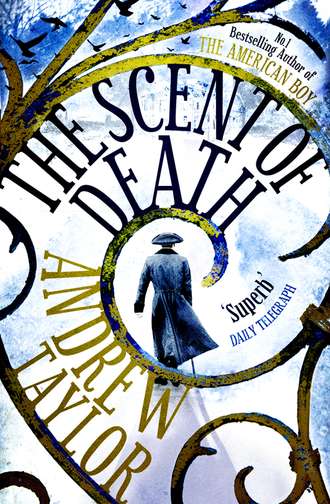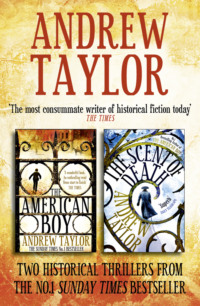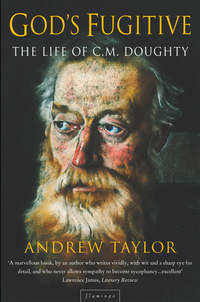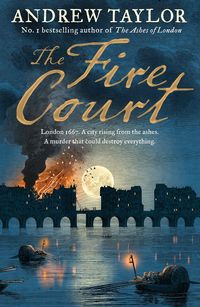The Scent of Death

Полная версия
The Scent of Death
Жанр: детективыисторическая литературасовременная зарубежная литературазарубежные детективысерьезное чтениеоб истории серьезно
Язык: Английский
Год издания: 2018
Добавлена:
Настройки чтения
Размер шрифта
Высота строк
Поля
Конец ознакомительного фрагмента
Купить и скачать всю книгу







